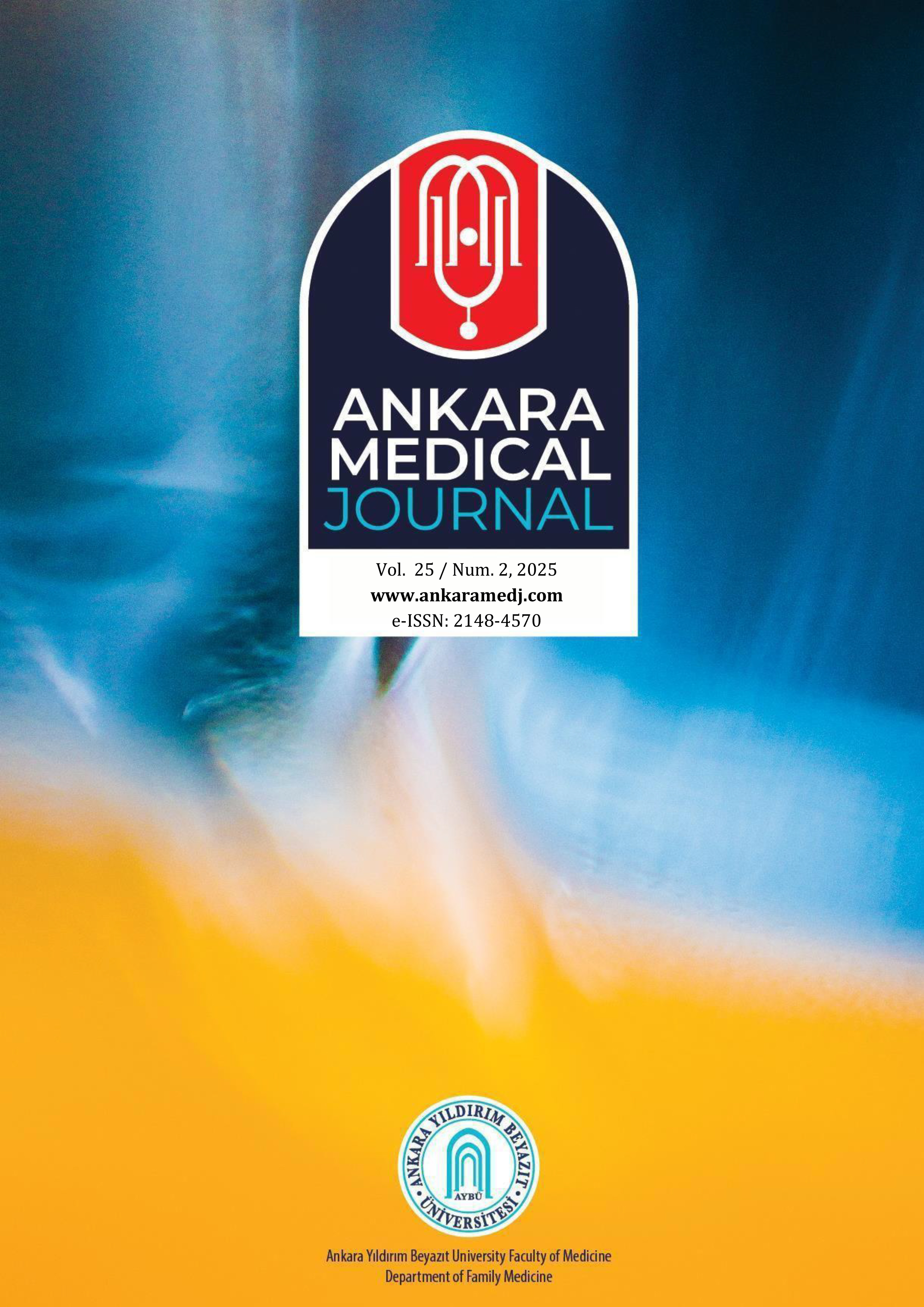Fertility Rates Of Syrian Migrants In Turkey, Baby Boom And Possible Factors Related To Them
Seyma Handan Akyon1, Tarik Eren Yilmaz1, Büşra Sahin2, Adem Ozkara11University Of Health Sciences, Ankara City Hospital, Family Medicine Department, Ankara2University of Health Sciences, Etlik Zubeyde Hanim Womens Health Care, Training and Research Hospital, Department of Obstetrics and Gynecology,Ankara, Turkey
INTRODUCTION: Total fertility rate (TFR) is the average number of children born per woman of childbearing age. The baby boom refers to a noticeable increase in the birth rate and is believed to occur in migrants from war-torn and economically challenged countries. During the Syrian war in 2011, nearly 5 million Syrians had to leave their country. A significant part of the migration movement has been directed toward Turkey. In this study, it was aimed to investigate the baby boom presence of Syrian migrants in Turkey and to make comparisons.
METHODS: Our study is an observational, descriptive epidemiological study, and the data were reviewed and compiled retrospectively. A comparison of TFRs of Turkey and Syria according to the last 20 years of the United Nations' data and the Turkey Demographic and Health Survey of 2018 was done.
RESULTS: According to United Nations 2018 data, Turkey's TFR was 2.07, while Syria's was 2.8. According to 2018 Turkey's data, TFR in Syrian migrants is 5.3. When these rates are compared, it can be said that there is a significant increase in the fertility rate of Syrian migrants in Turkey, and this reveals the presence of a baby boom.
DISCUSSION AND CONCLUSION: In conclusion, when TFRs in the pre-war period and after the war are compared in literature, there was a post-war baby boom in the Syrian migrant in Turkey. The factors which may have effect on the fertility of Syrian migrants found as psychological, economic, social, cultural, religious, and socio-demographic characteristics.
Manuscript Language: English
(1571 downloaded)





